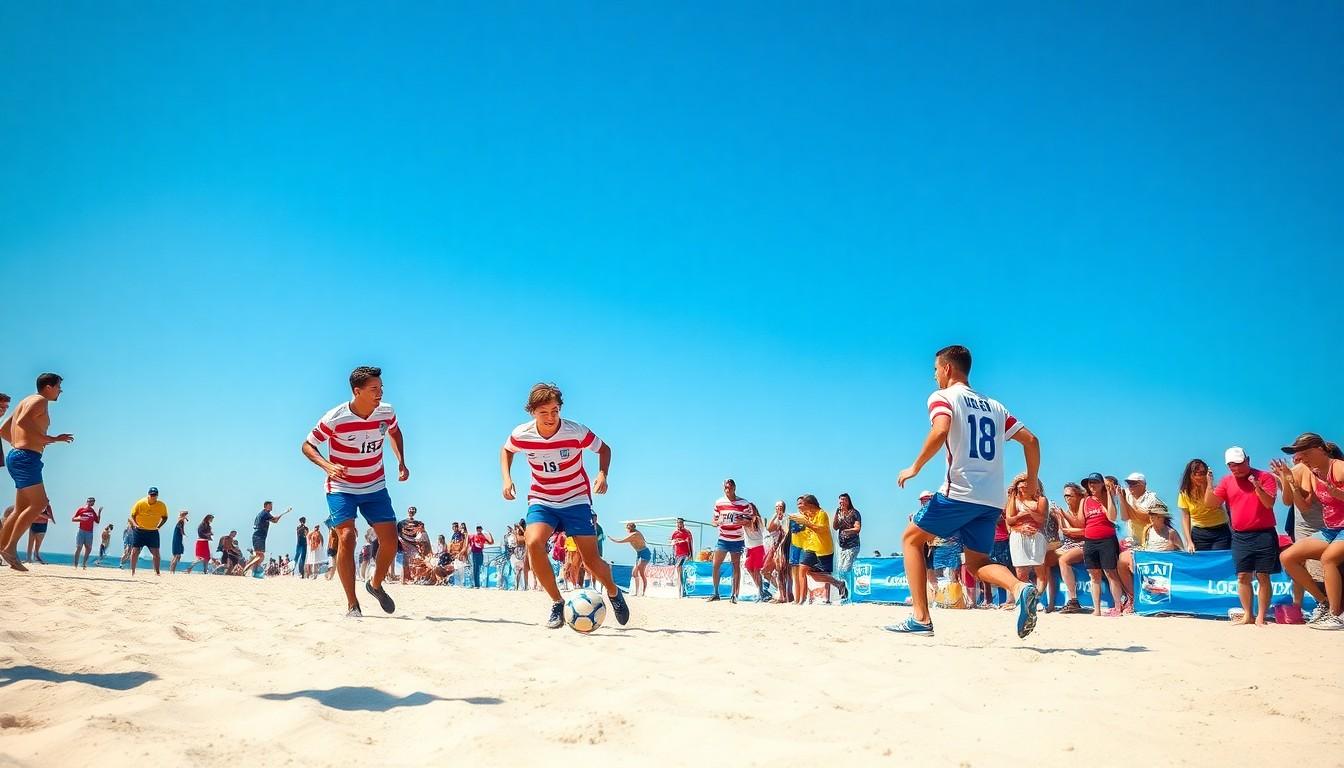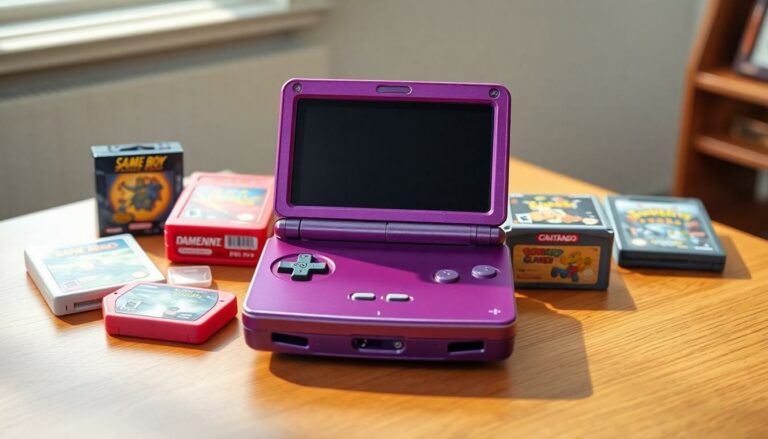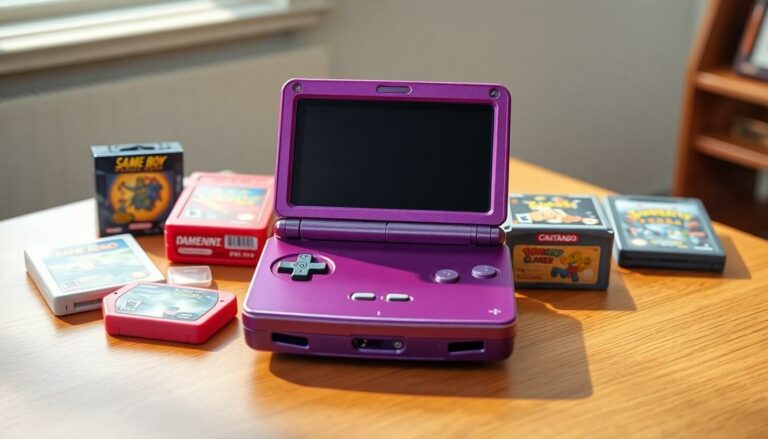Get ready to trade your office chair for a sun lounger because the FIFA Beach Soccer World Cup is just around the corner! This isn’t your average soccer match—it’s where sand meets skill, and sunburns meet spectacular goals. Picture this: players diving into the waves, scoring with style, and occasionally getting sand in places they didn’t know existed.
Table of Contents
ToggleOverview Of FIFA Beach Soccer World Cup
The FIFA Beach Soccer World Cup serves as the premier international competition for beach soccer, featuring teams from around the globe. Organized by FIFA, this tournament began in 1995, initially called the Beach Soccer World Championships. Nations representing their best talents showcase skills on a sandy pitch, often leading to thrilling matches filled with creativity and excitement.
Teams compete in a series of qualifying rounds to secure their spots in the tournament. Historically, Brazil has dominated the competition, capturing five titles as of now. Other nations, such as Portugal and Spain, have also made significant impacts, emerging as strong contenders in recent years.
The tournament typically occurs every two years, with the host nation selected well in advance to facilitate preparations. Each edition draws considerable attention, attracting fans for its passionate atmosphere and unique setting. Matches feature three 12-minute periods, with a distinctive set of rules tailored to the beach format, enhancing the overall viewing experience.
An interesting aspect of the event is its cultural integration. It often celebrates local customs and traditions in relation to the sport. Festivals accompany the matches, creating a vibrant environment for spectators and participants alike. Additionally, the competition emphasizes sportsmanship and camaraderie among nations, fostering a spirit of unity through sport.
Overall, the FIFA Beach Soccer World Cup exemplifies the thrilling nature of beach soccer, captivating audiences with its blend of athleticism, enjoyment, and community spirit.
History Of The Tournament

The FIFA Beach Soccer World Cup has enriched the sport since its inception. This event began in 1995 as a response to the growing popularity of beach soccer worldwide.
Inception And Evolution
FIFA recognized the need for a structured competition, leading to the first official tournament held in Mar del Plata, Argentina. Eight nations competed, highlighting beach soccer’s allure. Brazil secured the inaugural title, establishing itself as a dominant force within the sport. Every subsequent tournament saw an increase in participating teams and fan engagement. The evolution of the tournament mirrored the sport’s global growth, introducing variations in rules and formats to enhance competition.
Key Milestones
Several significant milestones marked the tournament’s journey. The first tournament in 1995 set the foundation, while the 2005 edition showcased the introduction of a final knockout stage. In 2008, the USA hosted the event, further popularizing beach soccer in North America. Brazil’s achievements remain remarkable, with multiple championships affirming its status as a powerhouse in the sport. The 2017 tournament in the Bahamas attracted record viewership, illustrating the event’s increasing global appeal.
Participating Teams And Format
The FIFA Beach Soccer World Cup features an exciting mix of teams from around the globe. Participating teams represent diverse nations, showcasing talent and passion for beach soccer.
Team Selection Process
Teams qualify for the tournament through regional competitions. Each confederation conducts its own qualifiers, ensuring representation from every corner of the world. For instance, UEFA, CONCACAF, and AFC hold their qualifiers, while these tournaments culminate in securing slots for the World Cup. Brazil, with its rich history in beach soccer, often enters as a strong contender while smaller nations aim for their spot.
Tournament Structure
The tournament utilizes a group stage followed by knockout rounds. Groups typically consist of four teams, with each team playing the others once. The top two teams from each group advance to the knockout stage, culminating in a final match to determine the champion. Each match lasts 36 minutes, divided into three 12-minute periods, fostering an intense and fast-paced atmosphere. This structure ensures thrilling action, engaging fans throughout the event.
Highlights And Memorable Moments
FIFA Beach Soccer World Cup matches deliver unforgettable experiences full of excitement and skill. Fans and players alike celebrate the spirit of the game during key moments.
Iconic Matches
Memorable matches shape the history of the FIFA Beach Soccer World Cup. One standout event occurred in 2005 when Brazil faced France in a thrilling final, showcasing incredible talent. Brazil’s 12-6 victory not only highlighted offensive prowess but also set a record for goals scored in a final. The 2017 showdown between Brazil and Portugal stands out as well, featuring a nail-biting finish. Portugal’s stunning comeback led to a penalty shootout, demonstrating resilience and strategy. Such iconic matches create lasting memories and elevate the tournament’s excitement.
Outstanding Players
Several players capture attention with their exceptional skills throughout the FIFA Beach Soccer World Cup. Bruno Xavier, known for his remarkable technique, consistently scores spectacular goals. His performances garnered recognition, making him a favorite among fans. Joining him is Madjer, a legendary figure in beach soccer who holds the record for most goals in tournament history. His flair and creativity on the field leave spectators in awe. Additionally, an emerging star, Ali Karimi from Iran, contributes to the sport’s growth with dazzling displays, proving that talent flourishes on the sand. These standout athletes shape the tournament’s narrative, inspiring future generations.
Impact And Significance
The FIFA Beach Soccer World Cup significantly influences the sport’s growth and cultural significance globally.
Growth Of Beach Soccer
Beach soccer’s growth reflects in its increase in participating nations and fans. The tournament, established in 1995, encouraged grassroots initiatives that popularize the sport. Many countries engage in organized leagues, promoting local talent. FIFA’s support for regional tournaments expands participation opportunities, creating a diverse competitive landscape. As more nations embrace beach soccer, international viewership rises, with record audiences tuning in to watch events. This increase in visibility motivates sponsorships and investments, further enhancing the sport’s development. Today’s beach soccer showcases not only top-tier athleticism but also a wider acceptance as a professional sport.
Cultural Influence
Cultural influence of the FIFA Beach Soccer World Cup reaches beyond sports, uniting diverse nations. The tournament enables teams to present their unique identities through local traditions, celebrations, and styles of play. Enthusiastic fans contribute to an electric atmosphere, blending sporting spirit with cultural expression. Beach soccer fosters community engagement, bringing people together on and off the sand. Events often serve as a platform to showcase regional music, food, and artistry, enriching the overall experience. By bridging cultural divides, beach soccer promotes friendship and understanding among competitors and fans alike, solidifying its place in the global sports landscape.
Conclusion
The FIFA Beach Soccer World Cup stands as a testament to the exhilarating spirit of beach soccer. With its unique blend of skill and entertainment, the tournament captivates fans and players alike. As nations come together to compete on sandy shores, they not only display their athletic prowess but also celebrate cultural diversity and unity.
This event fosters grassroots initiatives and encourages participation in beach soccer worldwide. As it continues to grow in popularity, the World Cup not only highlights the sport’s thrilling nature but also strengthens the bonds between communities. The legacy of the tournament is one of joy, sportsmanship, and shared experiences that resonate far beyond the beach.





